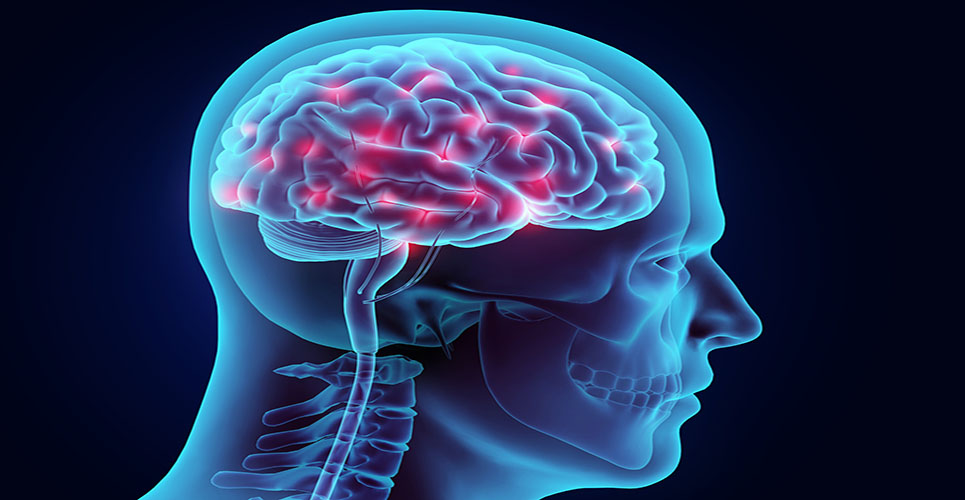teaser
A team of researchers has said it has found a way to overcome the side effects of a drug which could be used to treat Parkinson’s disease.
The study, funded by the Medical Research Council (MRC) and Imperial College London, found that transporting cells from aborted foetuses was shown to reverse the effects of the neurological condition.
A trial was halted in the 1990s because results were proving to be unpredictable.
During the trial, although some patients found symptoms such as tremors and slowness of movement reduced, others developed jerky, involuntary movements known as dyskinesias.
The team of researchers now believe this was caused by malfunctioning serotonin cells.
And they said the disorder could be treated with a course of drugs.
Dr Marios Politis from MRC Clinical Sciences Centre at Imperial College London, who led the research team, said: “We know that the benefits of this treatment could last up to 16 years, and we look forward to bringing this treatment one step closer to a reality for Parkinson’s patients.”
Dr Politis said earlier trials showed the surgery could produce “remarkable improvement” in some patients but the majority suffered serious disabling adverse effects.
He said dyskinesia is a common side effect of drugs used to treat the symptoms of Parkinson’s disease but the patients were suffering involuntary uncontrolled movements while off their drugs.
The new research is published in the Science Translational Medicine online.
Copyright Press Association 2010
Science Translational Medicine

